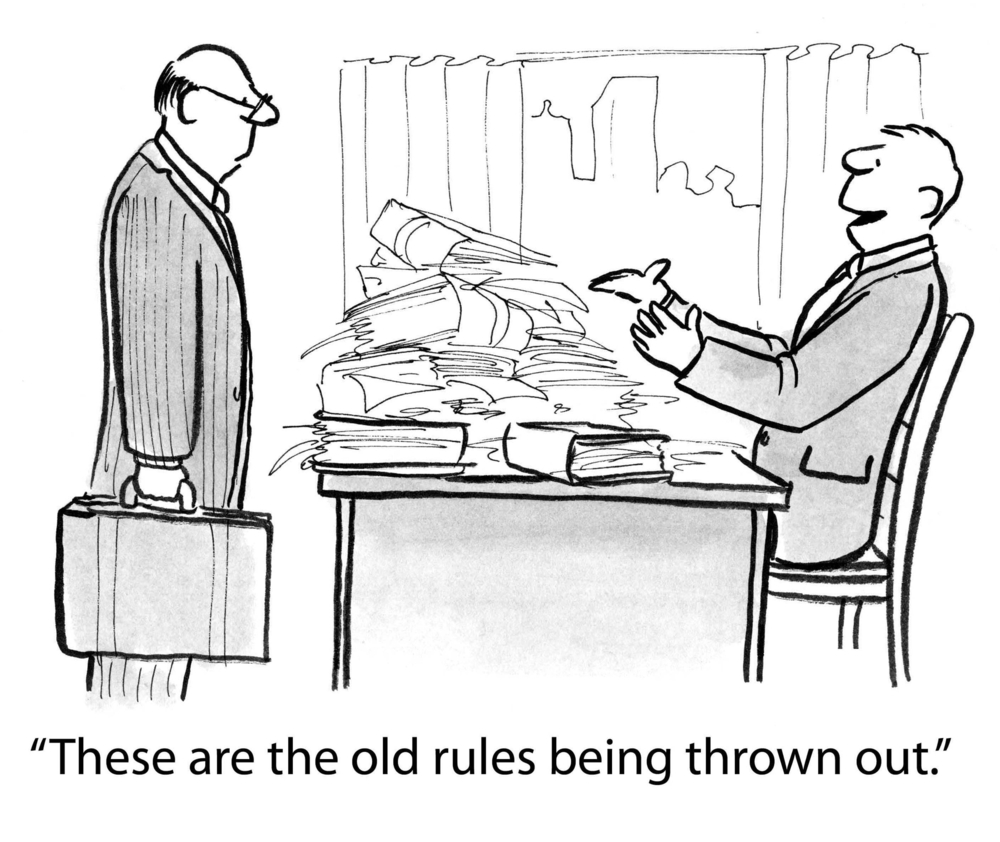In 2015, the Department of Labor (“DOL”) proposed substantial changes to the minimum salary level requirements, sought input on whether bonuses and incentives should be included in meeting the salary level test and considered changing the duties test to establish overtime eligibility. Taken together, these proposed changes would have had a drastic effect on the obligation of employers to pay overtime. On May 18, 2016, DOL issued its Final Rules and employers have until December 1, 2016 to comply. Overall, the changes strike a middle ground as DOL declined to adopt the more restrictive California 50% duties test. However, doubling the salary level threshold and other changes present significant economic and compliance challenges for employers. Below is a summary of key takeaways and steps employers should consider to address these changes and ensure compliance.
READ MORE →











